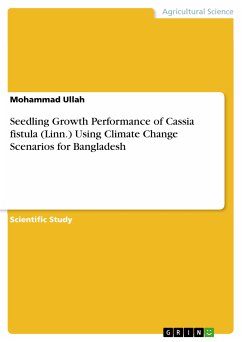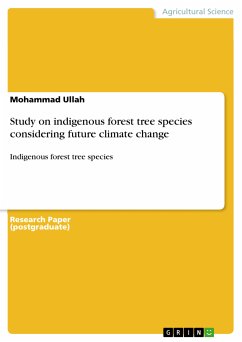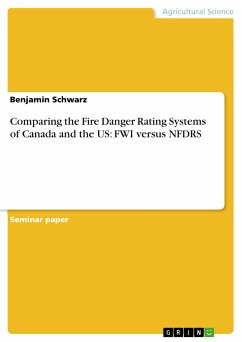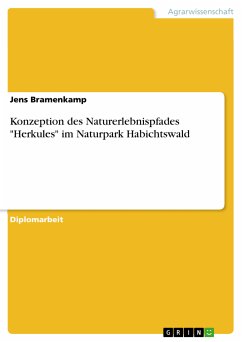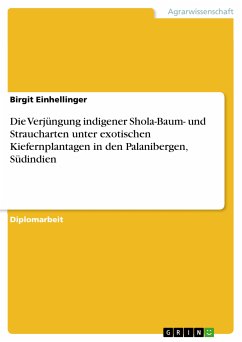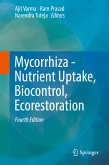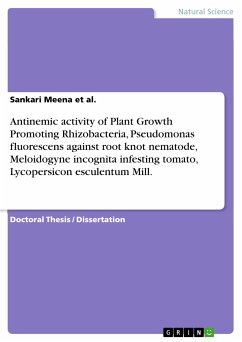Scientific Study from the year 2008 in the subject Forestry / Forestry Economics, , language: English, abstract: Abstract Climate is a key factor which determines the distribution of plants and animals. The time has come to identify the indigenous and/or exotic forest tree species considering nationally viable and adaptable to future climate change. A need may exist to develop the management techniques with experimental settings to facilitate the survival and make best use of suitable species as well. The aim of the study was to assess the early growth performance of Cassia fistula using Climate change scenarios for Bangladesh. The experiment was conducted in the nursery and tree propagation laboratory of Institute of Forestry and Environmental Sciences, University of Chittagong, Bangladesh from April 2008 to June 2008. The experiment was conducted under existing temperature; low, mid and high temperature scenarios. The highest average height (13.05 cm) and collar diameter (1.53 cm) of Cassia fistula was found in low temperature scenario followed by existing temperature; mid and high temperature scenarios respectively. Also, average leaf number (21) was developed in low temperature scenario followed by existing (11); high (4) and mid (3) temperature scenarios respectively. The indigenous forest tree species of Bangladesh Cassia fistula may not survive in the natural forest when the temperature of Bangladesh will be rise and the species will go to vulnerable to extinct condition.
Bitte wählen Sie Ihr Anliegen aus.
Rechnungen
Retourenschein anfordern
Bestellstatus
Storno

